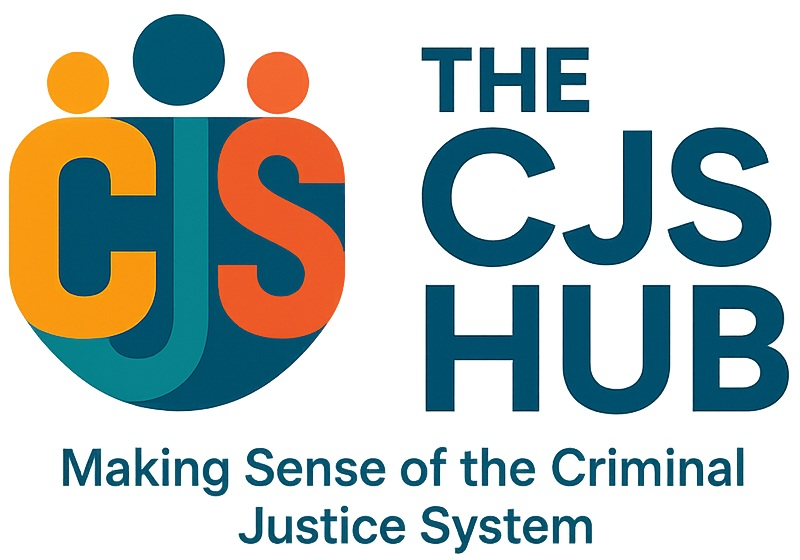Coming out of prison can feel like stepping into an entirely different world. Whether you’ve been inside for a few weeks or several years, release brings new freedoms — but also new challenges. Securing somewhere to live, finding work, reconnecting with family, and managing your mental health can feel overwhelming, especially when you’re navigating the conditions of your licence at the same time.
The good news is that there are systems, services, and organisations designed to help you start again. Understanding what support is available — and knowing how to access it — can make all the difference in rebuilding your life.
Finding a Place to Live
A stable home is one of the biggest factors in successful reintegration. Before release, probation and resettlement teams should work with you to create a plan for where you’ll live. In some cases, you may be offered a place in approved premises (sometimes called “hostels”), especially if there’s no safe or suitable address to return to. These come with curfews and stricter monitoring, but they also provide a secure base to get back on your feet.
If you have family or friends willing to house you, probation will need to assess the address before approving it. Where that’s not an option, you’ll usually be referred to your local council’s housing team. The reality, though, is that demand is high, and some areas have long waiting lists or limited options. It can help to seek advice early, both from your probation officer and from specialist housing organisations who understand the extra barriers faced by people with criminal records.
Getting Back Into Work
Employment can play a huge role in reducing reoffending and rebuilding confidence — but it’s not always easy. Some employers are open to giving people a second chance, while others may require you to disclose your conviction depending on the role and when your record becomes “spent” under the Rehabilitation of Offenders Act.
Start by checking whether your prison or probation team has links to employability programmes or organisations that support people with convictions. Some charities and training providers specialise in helping you write CVs, prepare for interviews, and understand your rights around disclosure. Even voluntary roles or short courses can help build confidence and show future employers that you’re working towards stability.
Looking After Your Mental Health
Release can bring unexpected emotions. Relief, anxiety, guilt, frustration — it’s a lot to process, especially if you’ve spent time away from loved ones, lost your job, or feel overwhelmed by the conditions attached to your release. It’s common for people to experience low mood or high stress in the weeks and months after leaving custody.
Support is available, both through prison healthcare teams before release and through the NHS or local mental health services afterwards. Don’t hesitate to speak to your probation officer if you’re struggling — they can refer you to specialist providers and peer support networks. You’re not expected to manage everything on your own.
Rebuilding Through Support Services
There are a number of services and organisations across England and Wales that can help you get back on track. These range from housing charities to employment schemes and counselling providers. For example:
- Probation Resettlement Teams – Help with housing, benefits, and licence-related support.
- National Careers Service – Free advice on finding work and training opportunities.
- Unlock – A charity supporting people with convictions, especially around employment and disclosure.
- Mind and Samaritans – Support for anyone struggling with mental health or coping after release.
- Citizens Advice – Guidance on benefits, debt, housing, and legal rights.
Using the right mix of services early on can stop small problems from spiralling into bigger ones and give you a better chance of success outside.
Reconnecting With Family and Community
One of the biggest hurdles for many people leaving prison is repairing relationships. Time inside can put strain on families, partners, and friendships — and in some cases, rebuilding trust takes time. Some probation teams and charities run family support programmes designed to help everyone adjust and talk openly about expectations after release.
Community reintegration isn’t just about avoiding prison — it’s about finding a sense of belonging again. Joining peer support groups, attending recovery meetings, or connecting with organisations like the CJS Hub can give you the tools and confidence to move forward.
Reintegration isn’t easy, and it rarely happens overnight. You might face setbacks — housing refusals, job rejections, strained relationships — but every small step forward matters. Understanding the support available, working closely with probation where needed, and accessing the right services gives you the best possible chance of building a stable, fulfilling life beyond custody.
The CJS Hub is here to guide you, your family, and your supporters through this process — helping you find practical answers and pointing you towards services that can really make a difference.
